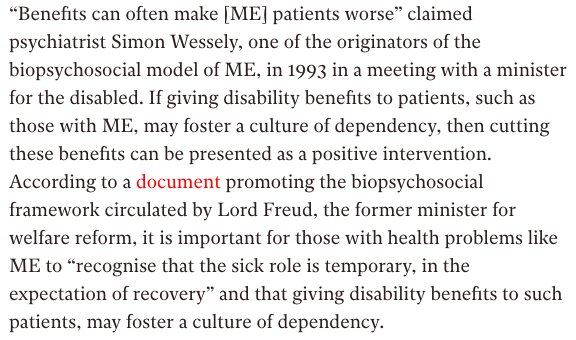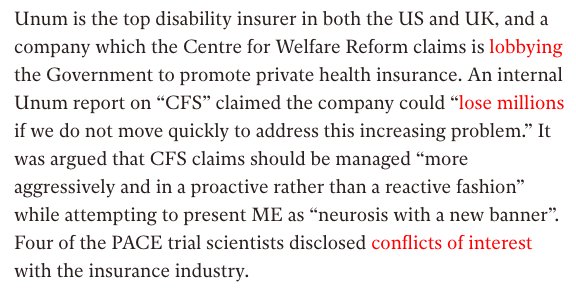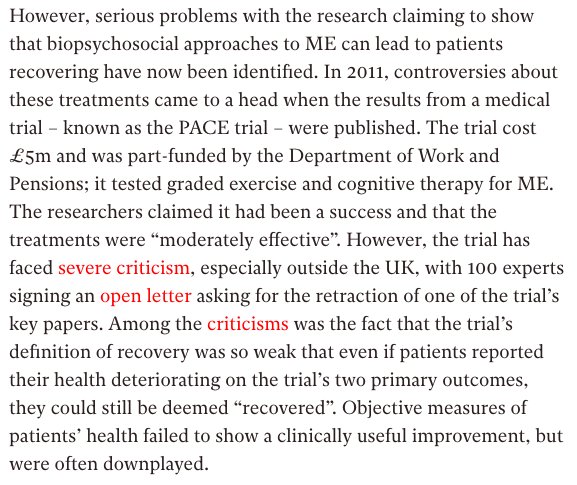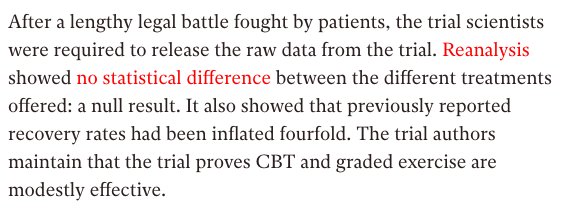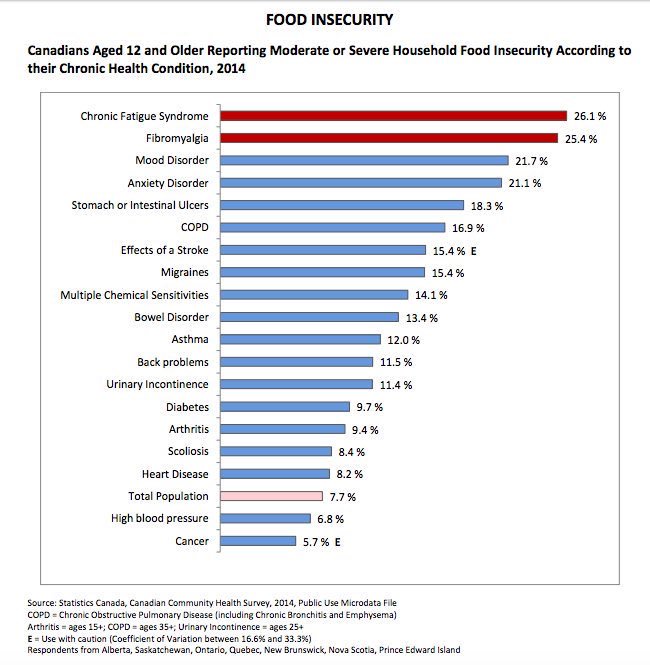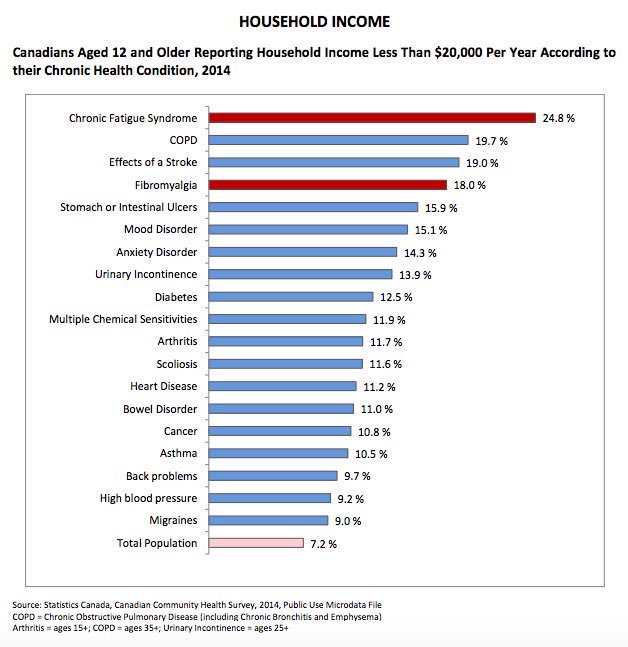Kathryn 1
@Copyright 2017 Kathryn 1. All rights reserved
http://www.independent.co.uk/news/l...chronic-fatigue-illness-disease-a8133616.html
This is almost certainly the best article on ME ever published in the UK press. Thank you Natalie Wright! Brilliant stuff!
One charity, Tymes Trust, has advised around 200 families. None of these families were subsequently found to be at fault.
This is almost certainly the best article on ME ever published in the UK press. Thank you Natalie Wright! Brilliant stuff!
Compounding this dismissal meant another blow to patients: the coining of a new name. In the US, the term chronic fatigue syndrome or CFS was introduced in 1988, which was later adopted in the UK. Not only did the new name trivialise the disease, it was also too vague to distinguish ME from other fatiguing illnesses, meaning different illnesses causing fatigue were unhelpfully lumped together.
For patients, communicating the seriousness of their illness is often impossible.
“I had this experience of trying to describe my symptoms in words to my doctors for 18 months as I was getting worse,” explains Brea. “I would talk about a burning in my brain or my spine or the fact that I would lose the ability to speak or sometimes I would collapse on the floor and I couldn’t lift my head.” When she later requested her medical records almost all of these serious symptoms were translated into “headache pain”.
Psychosomatic explanations of the disease were being further developed by a small, but influential, group of psychiatrists in the UK. They developed a theory of ME based on the biopsychosocial model of illness, a framework for illness that has also been adopted by the Department for Work and Pensions (DWP), first fully embraced by New Labour. The biopsychosocial model states that illnesses are part biological, part mental, part social. This idea seems common sense, but in practice it is often the psychological elements that are emphasised. Thus, the “biopsychosocial” model of ME is that a patient may have originally had a virus but after that, symptoms are not primarily the result of an ongoing disease process at all. Instead, patients simply have “dysfunctional” or “false” illness beliefs and thus adopt the “sick role”. Spending too much time in bed is the reason they have physical abnormalities, as they become deconditioned due to “exercise avoidance”, and it is assumed that symptoms are reversible by the patient’s own efforts.
However, there is growing evidence that such an approach towards ME is not only inaccurate, but dangerous. Keith Geraghty, honorary research fellow at the University of Manchester and an expert in ME/CFS explains: “Many medical professionals do not view ME/CFS as a serious medical condition. Psychiatrists in the UK have done great harm to ME/CFS patients by promoting a largely psychological model of the illness that diverted research funding away from investigating the many biological abnormalities in the disease and this model has downplayed the severity of the illness.’
One charity, Tymes Trust, has advised around 200 families. None of these families were subsequently found to be at fault.
Robert was 12 when he first started graded exercise therapy. His mother, Lorraine, contacted The Independent to explain how the NHS physiotherapy he was asked to do drastically damaged his health. “Robert was moderately ill when the physio began but became severely ill and required a wheelchair after a few months. He was given exercises to do in a hydrotherapy pool, some involving swimming. After just a few months, he lost the ability to walk. His legs turned to jelly, he had severe pain, particularly behind his knees and he just couldn’t support his weight.
“The physiotherapist wouldn’t accept they were causing the harm and blamed my son for not trying hard enough, saying he didn’t want to get better; they would not accept that there was anything physically wrong with him.
“He had a fit in the pool where they were doing the exercises, which the neurologist later said was caused by extreme pain. Eventually, we had to get a charity to intervene so that we could stop the graded exercise. My son is now 21 and is still severely ill and housebound.”
Robert’s story is one of many, although the NHS does not keep a record of harms caused by graded exercise for ME.




 Jennifer BreaVerified account @jenbrea
Jennifer BreaVerified account @jenbrea